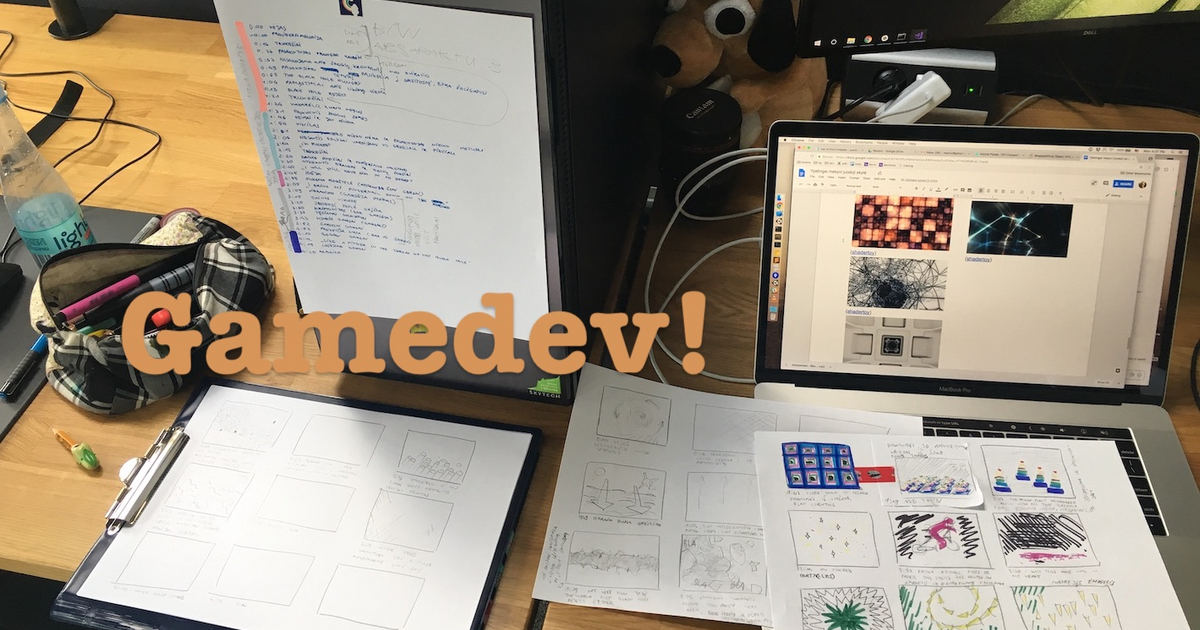Published! Our Article highlights the role of nanomaterials in enhancing biofuel production from lignocellulosic biomass. This breakthrough boosts efficiency in biodiesel, bioethanol, biogas, bio-oil & biohydrogen production, making the energy future greener & more sustainable.
https://doi.org/10.1016/j.fuel.2021.122840
#Nanomaterials #Biofuels #Sustainability #Bioenergy #RenewableEnergy #GreenTech #Bioethanol #Biodiesel #Innovation #ClimateAction #EnergyTransition #Research
Recent searches
Search options
#bioenergy
https://www.europesays.com/uk/2008/ The State of Energy Innovation – Analysis #Aviation #Bioenergy #Biofuels #BuildingEnvelopes #Buildings #Business #CarbonCapture #CO2CaptureAndUtilisation #ElectricVehicles #Electricity #Hydrogen #Industry #Innovation #NuclearPower #renewables #SmartGrids #SolarPv #UK #UnitedKingdom #UtilisationAndStorage
https://www.europesays.com/1931894/ Food Waste to Gas Plant under construction in Kingsbury #bioenergy #FoodWaste #GasPrice #investment #Kingsbury #LiquefiedNaturalGas #lng #LNGPrice #methane #NaturalGas #NutrientRich #OrganicMaterial
10.1-2 Out Now!
includes 2 ORA, 1 Engagement, & 2 collections on microbial standards & STS Pedagogies, covering topics of #colonialism #vaccination #bioenergy #AI #Agribiopolitics #CriticalPedagogy & more: https://bit.ly/4eYRZVI
Associated Data: https://bit.ly/49lZiVW
'Energy independent' #Uruguay runs on 100% renewables for 10 straight months
https://theprogressplaybook.com/2023/10/19/energy-independent-uruguay-runs-on-100-renewables-for-four-straight-months/ “#Renewables alone have powered the Uruguayan economy for 10 straight months.
Between 1 July 2023 and end-April 2024, the South American nation generated all of its electricity from #hydro, #wind, #bioenergy and #solar
Hydroelectric plants comprised 42.9% of the total mix, followed closely by wind farms at 40.6%. Bioenergy (12.9%) and solar (3.5%) accounted for the remainder.”
Admin
Vertus Energy
Help us in the organisation of our company as we grow, bring your passion for details, and enthusiasm, we have a great team and important purpose.
See the full job description on jobRxiv: https://jobrxiv.org/job/vertus-energy-27779-admin/?feed_id=85363
#anaerobic_microbiology #Bioenergy #bioengineering #Climate_Change #ScienceJobs #hiring #research
https://jobrxiv.org/job/vertus-energy-27779-admin/?feed_id=85363
https://www.europesays.com/1553661/ Amber Grid adds second biomethane injection point to Lithuania transmission network #Agrokoncernas #AmberGrid #AnaerobicDigestion #bioenergy #biogas #biomethane #business #decarbonisation #Energy #EnergyTransition #GridConnection #Lietuva #lithuania #NaturalGas #naujienos #pipeline #Renewables #sustainable #transmission
To our #MA students: Looking for an exciting #MasterThesis topic?
Check out our current topics at https://www.geo.lmu.de/geographie/de/forschung/physische-geographie-und-nexusforschung/lehre/
For example: “Climate change impacts on extreme drought & rainfall in the U.S. Corn Belt” with MunichRe! Be quick: Apply by October 31st!
Other topics include:
Crop yields & irrigation
Soil carbon & residue management
Vertical farms & energy
Apply now with your CV & transcript!
"it would take between 44 and 104 years for new trees to absorb as much CO2 as the amount generated by #wood #bioenergy that displaces #coal."
“Our conclusion is [replacing coal with wood to generate electricity] actually makes #climate change worse”.
Team cracks genomic code for earliest forms of terrestrial plant life
An international team has sequenced the genomes the closest relatives of land #plants
This breakthrough illuminates how early plants adapted to terrestrial environments 550 million years ago, paving the way for all land-based life, including humans. The findings offer insights into plant evolution & potential applications in #bioenergy & climate resilience.
https://globalplantcouncil.org/international-team-cracks-genomic-code-for-earliest-forms-of-terrestrial-plant-life/ #PlantScience #Science #ClimateChange
The first-ever dataset bridging #molecular information about the poplar #tree #microbiome to #ecosystem-level processes has been released. The project aims to inform research regarding how natural systems function, their vulnerability to a changing #climate, and ultimately how plants might be #engineered for better performance as sources of #bioenergy and natural carbon storage.
#Biomolecular #Bioengineering #Biochemistry #Ecology #Microbiology #Genetics #sflorg
https://www.sflorg.com/2024/04/bmol04082401.html
One of the most effectively spread, and damaging energy myths is that bio-energy is never renewable and always has high net CO2 emissions ("higher than coal"). Some NGO's help push this myth, and quite a few people post it in reply to any news about bio-energy.
Burning #wood, capturing the resulting CO2 & burying it underground, aka #bioenergy with #carbon capture & storage (#BECCS) is often presented as a "solution" for "negative emissions".
But "there’s nothing about taking the decades-old carbon stored in a tree and parking it belowground that will deliver “negative emissions”.
...
In fact, promoting the logging of more forests will possibly increase CO2 emissions, because logging causes forest ecosystems to leak carbon."
https://www.euronews.com/green/2023/12/13/the-eu-and-uk-are-backing-the-wrong-horse-in-the-race-to-net-zero
Job Alert!
Black scholar hires (2) in Food, Fuel, Bio(Fuels) with one focused on Ecology and other on Policy/Sustainability
See thread linked below. Positions close Jan. 15th.
#Bioenergy #Food #Forests #Farms #Energy #ClimateChange #Sustainability #EnergyPolicy #FoodPolicy #AcademicChatter
Whether the context is #health or #ClimateChange, burning #coal or #wood have generally the same negative effects [1,2]
Unfortunately, the #EU declared #biofuels to be carbon-neutral, triggering a surge in wood use [2] & many professed environmentalists promote burning wood because they have a personal attachment to the activity
References
1. https://www.dsawsp.org/environment Not Eco-Friendly.
Wood burning & the #environment
2. https://iopscience.iop.org/article/10.1088/1748-9326/aaa512/meta Dynamic lifecycle analysis of wood #bioenergy
A new hope for algae biofuel (microalgae, that is)
#algae #biofuels #biofuel #microalgae #fuels #energy #decarbonization #carboncapture #carbonemissions #aquaculture #agriculture #biobased #bioeconomy #bioenergy #renewableenergy #renewable #sdg7 #sustainableenergy #energytransition #science #research
https://cleantechnica.com/2023/12/19/algae-biofuel-haunts-fossil-fuel-stakeholders/
Black Energy Policy and Sustainability Scholars: To apply to the UBC Forestry and Land and Food Systems Black Cohort position in Food, Forests and BioFuels – Policy:
https://ubc.wd10.myworkdayjobs.com/en-US/ubcfacultyjobs/details/Assistant-Professor-in-Food--Forests-and--Bio-Fuels---Policy_JR15484-1
Calling all Black ecologists/energy policy researchers:
UBC Forestry & UBC Land and Food Systems are hiring 2 scholars engaged in research related to Food, Forests, and BioFuels as part of a Black Faculty Cluster Hire Initiative. More details included below. Please share and apply, apply, apply!

